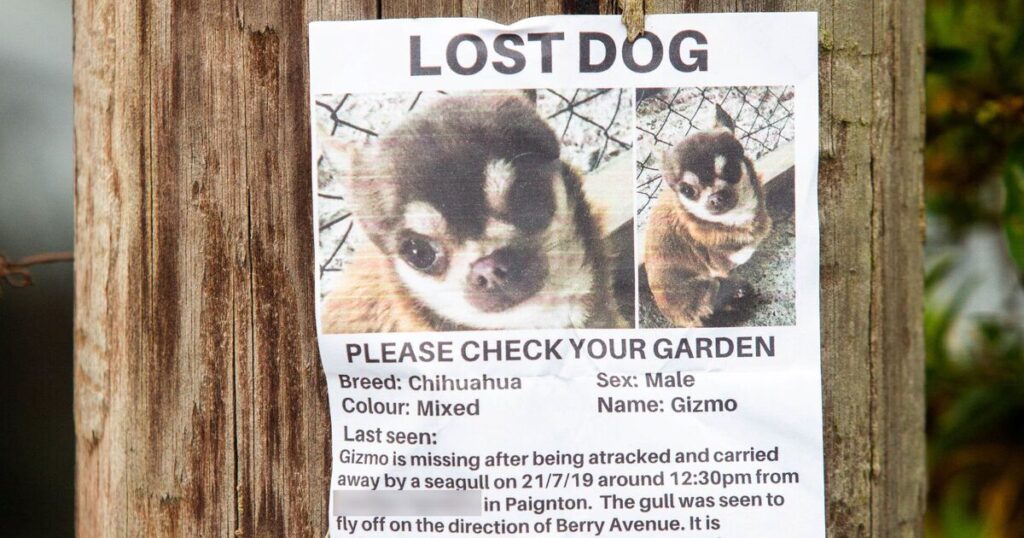
It is heartbreaking when a beloved pet goes missing, and figures show almost 5000 dogs and 20,000 cats are reported missing every year.
As many owners don’t officially report a lost pet, it is thought the figures could be much higher than that. Now a new study has revealed what breed of dog and cat are most likely to go missing.
The study analysed data from the National Pet Register to uncover which breeds are the most likely to be lost. Out of more than 50 different dog breeds, terriers were revealed to have the most missing.
The research from GoCompare pet insurance found this breed, originally bred to hunt and kill rodents and other small game still possess a strong drive to do so, which might explain their more common disappearing acts.
Chasing another dog is often why dogs go missing, while others do not listen to their owner’s calls.
Some breeds are more susceptible to such behaviours than others, like terriers. A dog’s interest in another dog of the same breed is sometimes stronger that the word of its owner.
Other pooches in the top ten lost list include crossbreeds, jack russells and spaniels. But terriers, which include Yorkshire terriers and border terriers, appear on the register more often than any other type of dog.
Also included in the top ten dogs most likely to go missing are chihuahuas, labradors, bulldogs, collies, lurchers and huskies.
In comparison, though, it is cats that make up the majority of lost pets across the nation. The study shows that there are currently more than eight times as many missing cats listed as there are dogs, with close to 150,000 currently lost across the UK. Out of 25 reported breeds, the number one missing cat breed is the domestic shorthair, or moggy.
Tabbies and British shorthairs are also among the cat breeds which are most often reported as missing. However, pedigree breeds such as Bengal, Siamese and ragdoll cats also made the top 10 list, despite their distinctive features.
Rhys Jones, pet insurance expert at Go.Compare, said: “Unfortunately, sometimes our pets will get lost, whether your dog runs off on a walk or your cat wanders too far from home, but there are steps owners can take to protect their animals.
“Microchipping is the number one way to do this. If your pet is lost, the microchip can identify them and help you reunite. This is mandatory for cats and dogs, but is worth considering for other animals, too.
“Plus, some pet insurance policies will only provide cover for a lost pet if they’ve been microchipped. Pet insurance is another important way of protecting your animal, as you might be able to claim for related costs, like advertising. Sometimes, they’ll offer cover for a reward if your pet is found, too, or provide compensation if they aren’t.”
More information about the research on the UK’s lost pets is available on Go.Compare’s website.
If your pet is missing call your local animal rescue centres to leave details about your missing pet, along with your contact information. If the centre takes in an animal that meets your pet’s description, they will be able to contact you.
